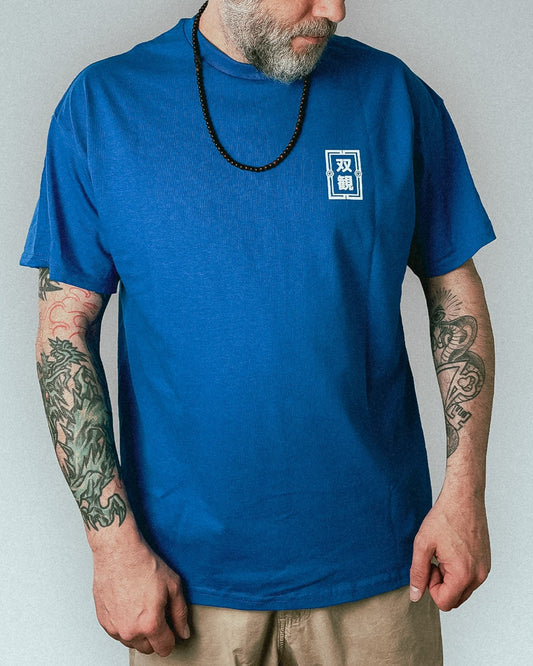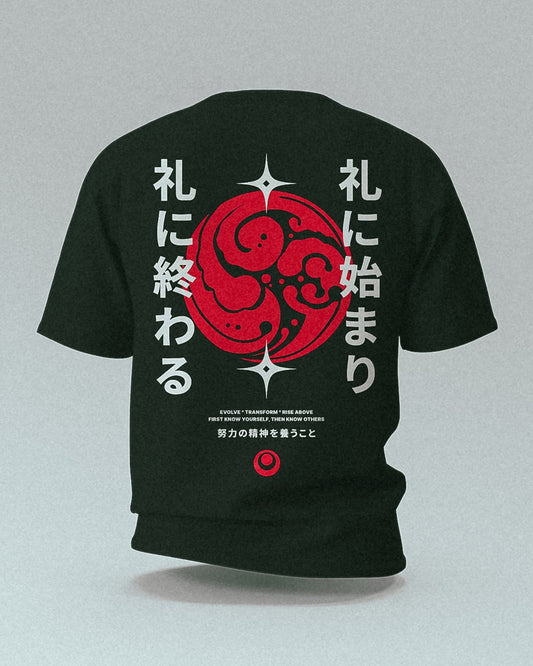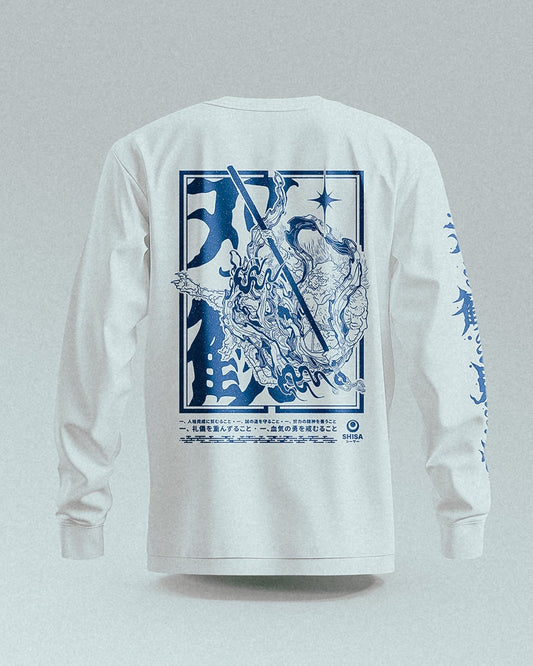
Tao of Jun Fan Lee
Average reading time: 8-10 minutes
"Be like water" might be one of Bruce Lee's most famous quotes and it represented a paradigm shift in how we view training and personal development. While he is remembered for his impressive physical skills and Hollywood career, his real contribution was challenging the rigid thinking that dominated martial arts for centuries.
To understand how revolutionary his philosophy was, it helps to know where it came from.

The Foundations
Before he was known as Bruce Lee in the West, he started his martial arts journey known by his birth name Jun Fan and began training Wing Chun in Hong Kong at age 13 under the legendary Ip Man. Wing Chun's emphasis on efficiency, directness, and simultaneous attack and defense would deeply influence his later thinking. Early on Lee was questioning limitations as he finds himself pressure testing his chinese boxing skills in a galore of street fights.
Lee moved to the United States in 1959 to attend the University of Washington where he majored in philosophy, studying works by John Dewey, Jiddu Krishnamurti, and Alan Watts, while also exploring Taoism and Zen Buddhism.
This academic foundation was crucial. Dewey's pragmatism that truth should be judged by practical results rather than abstract principles, aligned perfectly with his martial arts experiences. Krishnamurti's rejection of organized systems and emphasis on individual discovery resonated with Lee's growing skepticism about traditional hierarchies.

Cultural Crossover
Bruce Lee opened his first martial arts school in Seattle and later in Oakland, California. His students came from all walks of life. Some had boxing experience, others none at all. This diversity forced Lee to abandon one-size-fits-all teaching methods. He realized that effective instruction required adapting to each student's physical and psychological makeup.
The famous challenge match with Wong Jack Man in 1964 became a turning point. While it is said that Bruce Lee won the fight, he was dissatisfied with his performance, feeling that his Wing Chun training had been insufficient. This experience jump-started his belief that traditional martial arts needed fundamental reform.
East Meets West
As a Chinese immigrant who became deeply embedded in American culture, he gained a unique insight and understanding. Merging the wisdom of traditional Chinese fighting arts with the practical innovations of Western combat sports was something totally fresh.
His reading expanded to include works on fencing, boxing, and even dance. Looking for universal principles of human movement and timing. His core idea, that effective techniques transcend cultural and stylistic boundaries was coming to life.
Lee's educational background also instilled in him a scientific approach to the arts. Rather than accepting techniques because they were traditional, he wanted to test everything through experimentation and observation. He kept detailed training notes, analyzed film footage, and constantly refined his methods based on results.

Breaking Free
When Lee was developing Jeet Kune Do in the late 1960s, martial arts operated in isolated silos. Karate students only did karate, boxers only boxed, and questioning your chosen style simply wasn't done. Lee saw this as unnecessarily limiting.
His philosophy wasn't anti-tradition, but rather pro-evolution. He respected the wisdom in classical arts while rejecting their constraints. "Classical forms are futile attempts to arrest and fix the ever-changing movements in combat," he wrote, applying ideas about change and adaptation he'd encountered in both Taoist philosophy and Western pragmatism.
This thinking laid the groundwork for what we see in modern MMA, where fighters blend techniques from multiple disciplines. But Lee's vision went beyond just mixing techniques, he wanted to free people from style-specific mental barriers.
This principle of "absorb what is useful, discard what is not, add what is uniquely your own" feels especially relevant today. Not only for training but for life itsself. A practical filter that not everything that exists is worth learning, and what works for others might not work for you.

Embrace Uncertainty
Traditional martial arts offered comfort through certainty. Master these specific techniques and you'll succeed. Bruce Lee's "no-way as way" philosophy turns this upside down, treating uncertainty and adaptability as advantages. A practical application of Taoist principles about flowing with change.
"Adjust to the object, and you shall find a way around or through it," he taught. In our rapidly changing world, this flexibility matters more than expertise in any single area.
Lee recognized that artificially separating different fighting ranges like kicks, punches and grappling created blind spots. He advocated for seamless integration across all aspects of combat.

The Eternal Student
Perhaps Lee's most valuable contribution is refreshing the concept of maintaining a student's mindset regardless of your level. Although you find notes from originators of traditional systems like Gichin Funakoshi or Morihei Ueshiba underlining very much the same attitude, it got watered down along the way and fell victim to systimization.
The philosophy of Jeet Kune Do has even migrated into other fields like in business strategy where "failing fast" and "iterative development" is a common mindset in today's start-up communities all around the world.
Why It Still Matters
His call for integration, adaptability, and authentic self-expression might even resonate stronger in our ever faster changing world. Question everything, absorb what helps you grow, and never stop exploring your potential.
Take Naka Tatsuya for example. The renowned Shotokan Karate sensai, exemplifies this approach by bringing fluid, dynamic interpretation to classical kata while maintaining the art's core principles. Similarly, Anderson Silva revolutionized MMA striking by blending traditional Muay Thai with elements of capoeira, boxing, and even dance, creating a completely personal fighting style. Coaches like John Danaher apply Lee's scientific methodology in Brazilian Jiu-Jitsu. Systematically analyzing and improving techniques through detailed observation and experimentation.
All of them prove that Jun Fan Lee's greatest contribution wasn't a specific fighting system, but a way of thinking about learning and growth that transcends any single discipline. Not as a means to an end, but as an ongoing journey of discovery.
Thanks for reading & happy training







